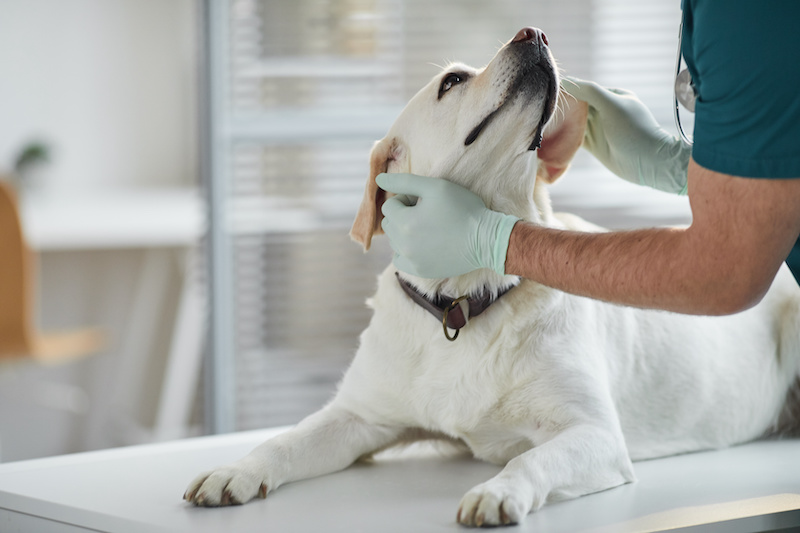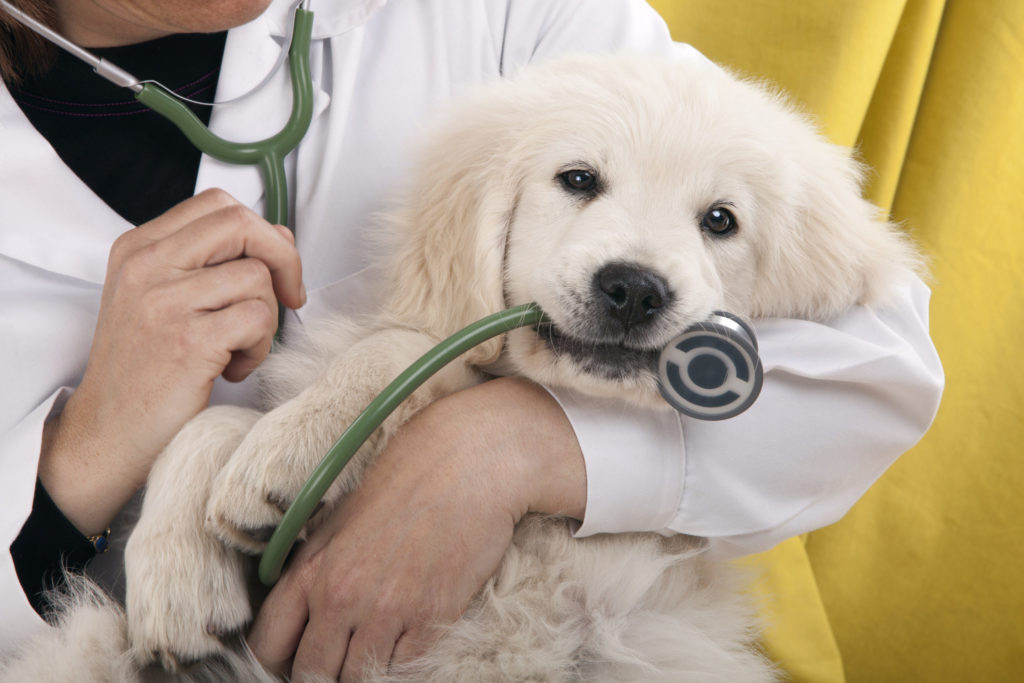
Vaccinations

Animals are like kids–it’s a never-ending job to keep them safe and happy. Vaccinating your pet is a relatively inexpensive but very important way to protect his or her health. In addition to preventing many life-threatening illnesses, vaccinations can prevent diseases prevalent in wildlife and those that can be passed to humans. This makes proper vaccination vital in protecting them from the many types of illnesses they are susceptible to. It’s important to start administering vaccinations when pets are puppies and kittens because their young immune systems are still developing and need protection to stay healthy.
Safety and Efficacy of Vaccines
While any medical treatment involves some degree of risk, in the case of vaccinations, the benefits far outweigh any potential side effects. Adverse reactions are rare and usually mild and short-term when they do occur.
In fact, pharmaceutical companies who develop these vaccines have to conduct extensive research and rigorously test the products and present all the data to the regulator before they can be certified for use. This ensures that they’re not only effective but also safe.
For example, the vast majority of vaccine companies report anaphylaxis occurring in less than 0.01% of cases, which equates to at most 1 animal in 10,000 treated. And how do we know these vaccines are effective? One of the leading vaccine manufacturers, Nobivac, reports a protection level of 99.5-100% against clinical signs of leptospirosis, including mortality, following the puppy vaccination course.
Similarly, reassuring figures were reported for the distemper, hepatitis, and parvovirus vaccination. Studies showed a 100% protection level was still present up to three years following the second vaccination.
Core Vaccines for Pets
Which vaccines should your pet have? “Core” vaccines are those recommended—and possibly mandated by law—for most pets. Core vaccines include:
- Rabies (dogs and cats)* Required by state law in Pennsylvania
- DA2PPV – Distemper, Hepatitis, Adenovirus 2, Parvo, and Parainfluenza (dogs)
- FVRCP – Feline Viral Rhinotracheitis, Calicivirus and Panleukopenia (cats)
- Lepto and Lyme (With the spread of ticks, tick-borne diseases are becoming more prevalent. Leptospirosis and Lyme vaccines may be recommended to your dog based on its lifestyle. Click here for 2022’s predicted incident map for Heartworm & Lyme disease.)
Your pet is not considered fully vaccinated before 16 weeks. Due to this, we recommend keeping new puppies and kittens under 16 weeks away from each other unfamiliar animals, and new/wild locations. This includes dog parks and wildlife trails, but other fully vaccinated pets also could possibly pass on viruses that could be very harmful to your new family member. For more information, see AAHA’s Canine Vaccination Guidelines and AAHA’s Feline Vaccination Guidelines.
Other non-core, but highly suggested vaccinations for cats include FeLV to protect against feline leukemia. For dogs, bordetella and canine influenza shots are recommended if they frequent dog parks, boarding kennels, or any place where they’re socializing with other canines.
It’s also important to note that even pets who live primarily indoors should be vaccinated, as they can still be exposed to a
Pet Vaccinations in Philadelphia, PA
For more information or to schedule an appointment, call us at (215) 627-5955 or fill out the online Make An Appointment form.
